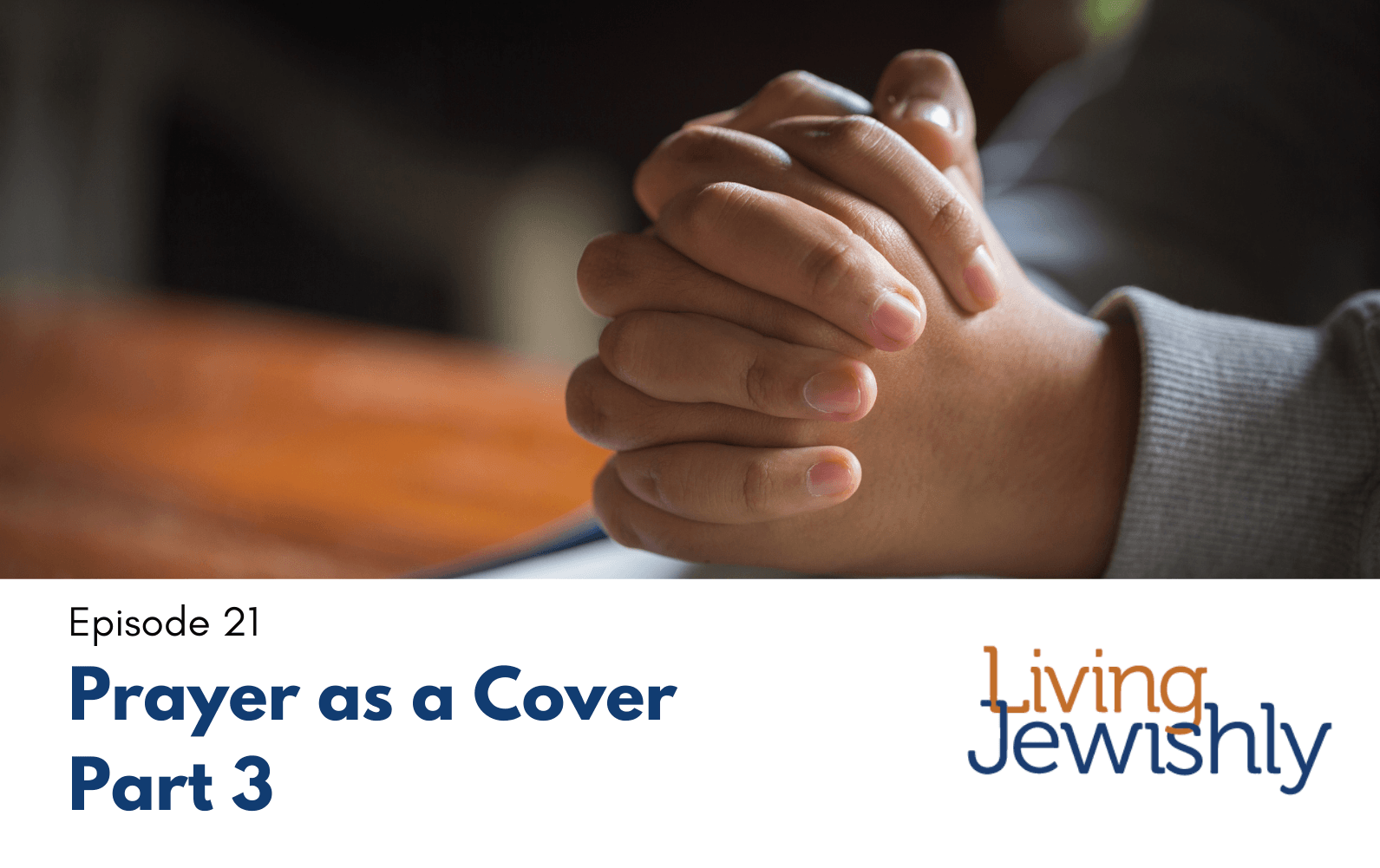When someone hurts you, do they have to change in order for you to let it go?
Or do you have to change?
It’s impossible to go through life without feeling wronged or mistreated by others on occasion, whether foe, friend, or family. Offence can be caused by words or actions, or even by the lack of words and actions. Mistreatment can include a range of harms, from the mild to the severe; a careless statement, a hurtful snub, or deliberate abuse all have varying degrees of psychological impact.
Anger and resentment are negative emotions with no spiritual benefit. When it comes to more severe offences, these emotions can last for years. But forgiveness can be a challenging proposition, particularly when there has been no effort on the part of the offender to make up for their mistake.
While Jewish law requires a sincere act of teshuvah (repentance) in order to be granted forgiveness, that isn’t always realistic in real-life situations. In order to move on, we need to work on forgiving for our own benefit and wellbeing, even without a genuine apology or teshuvah.
Forgiveness frees us to move on from harmful memories and let go off draining emotions such as anger.
You cannot control whether others change. You can only control yourself.
So, how do you get started?
In this episode, you’ll discover:
- How shifting your perspective can transform the harm you’ve experienced into a a type of gift
- The only thing that you should regret — and the benefits of letting go of unnecessary regrets
- Why the meaning of Rosh Hashanah evolves as you grow, from youth to old age
“I’ve learnt that I have a short life and you waste way too much time trying to get apologies, and even if you get them, they’re not sincere. If you have to force it, it feels fake.”
— Rabbi Yossi Sapirman


0 Comments